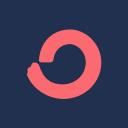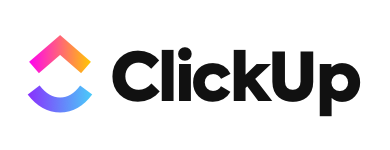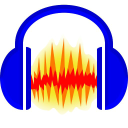How I Launched A $1K/Month Business Growth Course For Freelancers
Hello! Who are you and what business did you start?
I’m Austin L. Church, a writer and brand strategist. My wife and I live with our three professional mistake makers in Knoxville, Tennessee, near the Great Smoky Mountains. After getting laid off during the recession back in 2009, I accidentally started my own freelance writing business, which eventually took me into selling an array of creative services, then developing iOS apps, then co-founding a tech startup, and then starting a branding and marketing studio called Balernum.
AustinLChurch.com where I started sharing what I have learned. My new course, Freelance Cake, is a business growth course for freelancers and consultants who want to make more money and enjoy more freedom at the same time. The launch in December went well, and this year, I plan to focus on scaling up sales from around $1,000 per month to $3,000.


Download the report and join our email newsletter packed with business ideas and money-making opportunities, backed by real-life case studies.

Download the report and join our email newsletter packed with business ideas and money-making opportunities, backed by real-life case studies.

Download the report and join our email newsletter packed with business ideas and money-making opportunities, backed by real-life case studies.

Download the report and join our email newsletter packed with business ideas and money-making opportunities, backed by real-life case studies.

Download the report and join our email newsletter packed with business ideas and money-making opportunities, backed by real-life case studies.

Download the report and join our email newsletter packed with business ideas and money-making opportunities, backed by real-life case studies.

Download the report and join our email newsletter packed with business ideas and money-making opportunities, backed by real-life case studies.

Download the report and join our email newsletter packed with business ideas and money-making opportunities, backed by real-life case studies.



















